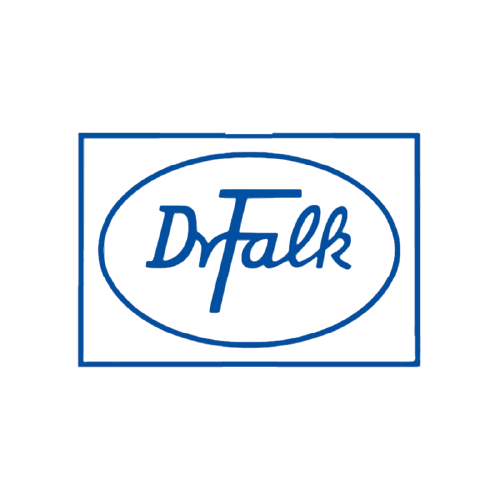PATIENT STORIES
Below you will find testimonials of patients suffering from eosinophilic gastrointestinal diseases. To assure patient confidentiality, the persons shown are professional models.
Michael
35 years, specialist for logistics

"
I started having trouble swallowing at the age of 25 years, particularly when eating foods like steak, chicken, or bread. For a considerable time, I thought that I was eating too fast.
I gradually increased the time needed to eat a meal and always drank liquids to help wash the food down. At the age of 31 years, I experienced a complete blockage of the esophagus with a piece of steak.
Unfortunately, the blocked food did not pass spontaneously, so I had to go the emergency station, and a gastroenterologist removed the food by endoscopy. It was at that time when my doctor told me that my complaints were caused by a condition called eosinophilic esophagitis.
I started taking steroids that act in the esophagus four years ago. If I stop my therapy, difficulty swallowing reappears. With one tablet before going to bed, I have no symptoms and can eat anything I like. My quality of life became normal again.
"
Lydia,
38 years, human resource specialist
"
When I was 30 years old, I noticed that food gets stuck and the diagnosis of eosinophilic esophagitis was established when I was 36 years old. I also suffer from allergic rhinitis and asthma that I treat with a spray on demand.
At first, my gastroenterologist prescribed me swallowed topical corticosteroids in form of a syrup, which I took twice daily. The syrup worked well as it made my symptoms quickly disappear. I’ve stopped the syrup on my behalf as I was not willing to undergo a long-term treatment with a drug.
Unfortunately, my symptoms started to worsen again 4 weeks after I’ve stopped the drug. I wanted to find out which food allergens could be the cause of my eosinophilic esophagitis and that is why I started, in close collaboration with my gastroenterologist and a dietician, a so-called 2-food elimination diet (avoidance of milk and wheat proteins).
We found out that I am allergic to milk proteins but not wheat. I can manage now my eosinophilic esophagitis by avoiding milk proteins without taking drugs and my symptoms are well controlled.
"

Christoph,
42 years, school teacher

"
Until three years ago, I was in good health. Then I started having belly pain and diarrhea. A consultation with my family physician revealed an elevated number of eosinophils in my blood, but no infection of the gastrointestinal tract that would explain the chronic diarrhea and the pain.
I was sent to a gastroenterologist who performed an upper (oesophago-gastro-duodenoscopy) and a lower endoscopy (colonoscopy). Physicians found an increased number of eosinophils in the samples of the large intestine (colon) and I was given a diagnosis of eosinophilic colitis.
My condition was treated with steroids which on the one hand normalized my bowel frequency and my belly pain, on the other hand I suffered from considerable weight gain and sleep disturbances. Several weeks after the steroids were stopped, the symptoms appeared again. After three cycles of steroids with considerable side effects, my gastroenterologist negotiated with my health insurance for the payment of a biologic therapy that selectively suppresses eosinophils.
I am now for two years under biologic treatment, which is basically a syringue that I inject myself every couple of weeks. Under this biologic treatment, my symptoms are well controlled.
"
The Swiss EoE Cohort is supported by the following entities:






